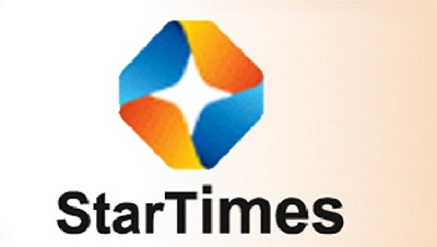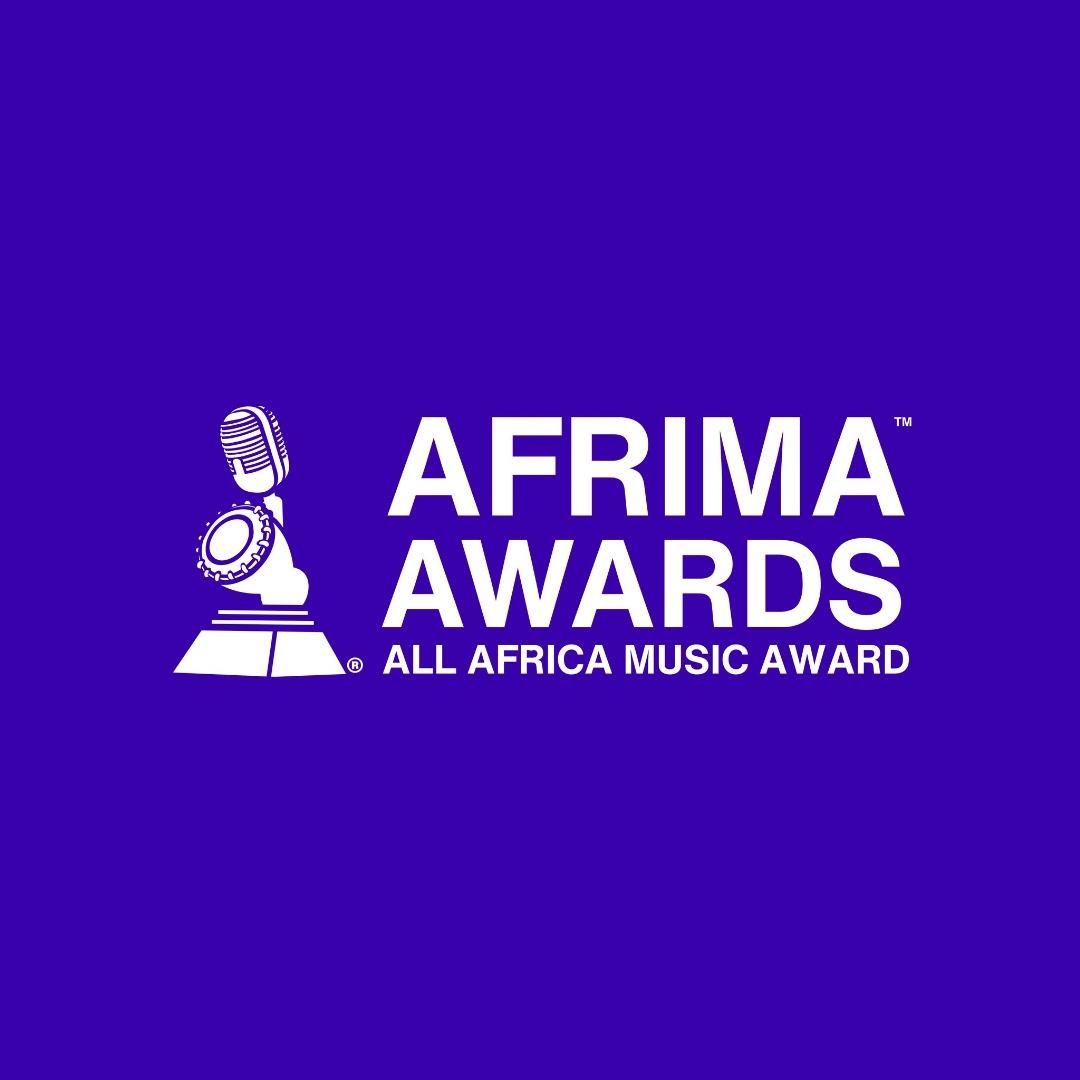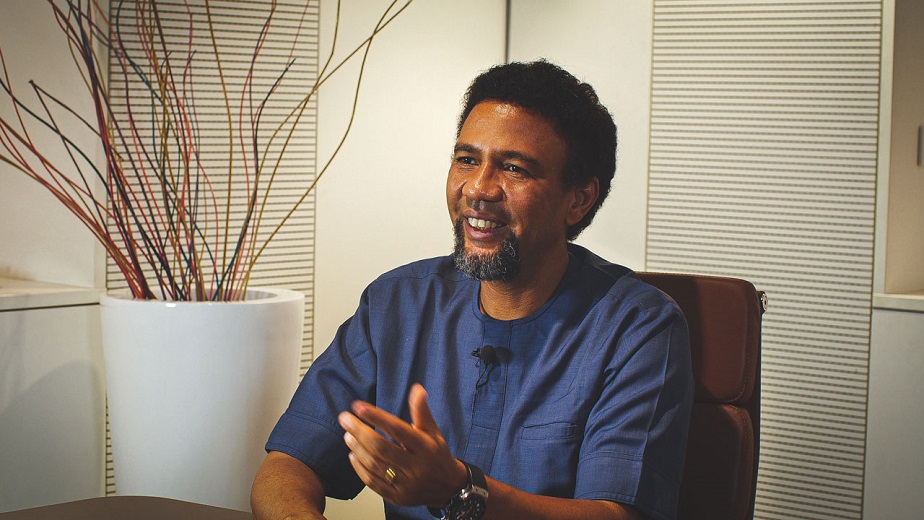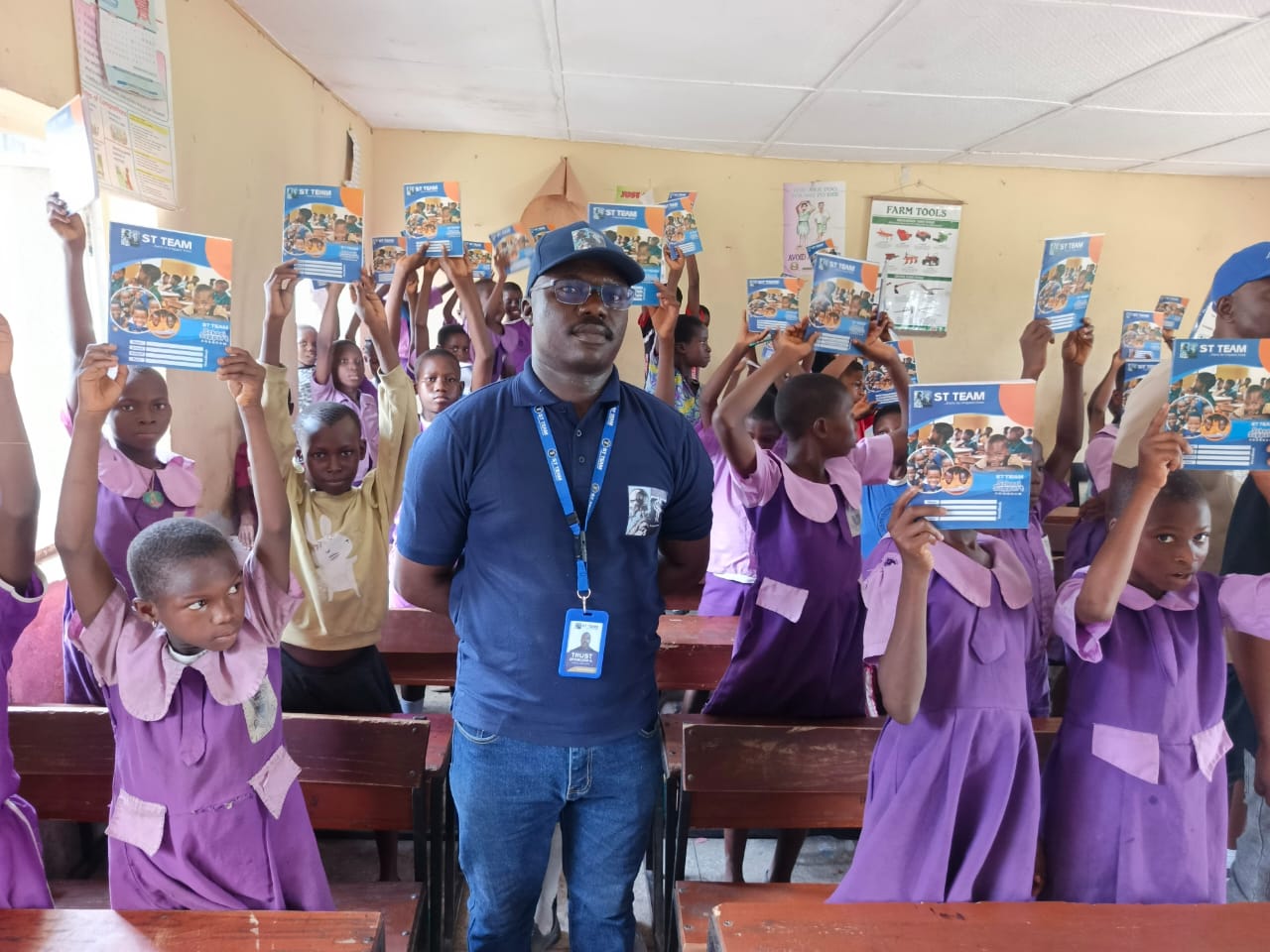Broadcasting
StarTimes Declares Readiness for Digital Migration with Set Up Boxes

The June 17, 2015, digital Migration deadline set by the International Telecommunications Union for member nations especially in Nigeria is fast becoming a reality as stakeholders are gearing up for the transition process.
However, the pioneer and sole licensed Digital terrestrial Television (DTT) Operator in Nigeria, StarTimes, told Nigeria CommunicationsWeek it was ready for the process with the much needed set up boxes.
The National Broadcasting Commission (NBC) has taken upon itself to successfully speed up the process by starting the digital migration with a test city – Jos, on 5th of June 2014 which will be replicated in other major cities.
The transition from analog to digital broadcasting involves many changes of the transmission signals as well as making sure that members of the public buy high definition television sets and get rid of standard definition television sets.
The transition to digital broadcasting will mark the end of free television programmes.
However, television sets that receive analog signals via antenna (these antennas have analog funers) will be out of place in the digital era. In this state of affairs, old antennas will need to be upgraded to meet up with the technology.
Digital signals are routinely transmitted using terrestrial methods.
The transmission method has different names in different parts of the world. DVB-T is the name used in Europe, Australia and Africa. DVB-T allows service providers to match, and even improve on, analogue coverage – at a fraction of the power.
Irete Anetor, public relations manager of StarTimes told Nigeria CommunucationsWeek that the transmission method extends the scope of digital terrestrial television into the mobile field, which was simply not possible before.
“The digital signals after migration is transmitted using DVB-T and they go from aerial antenna to aerial antenna, from signal blaster to home receiver. StarTimes is ready to give Nigerians the digital broadcasting they deserve,” he said.
However, the DVB-T broadcasters transmit data using a compressed digital audio-video stream, with the entire process based on the MPEG-2 standard.
These transmissions can include all kinds of digital broadcasting, including HDTV and other high-intensity methods.
This is a vast improvement over the old analog signals, which required separate streams of transmission. Oddly enough, some DVB-T transmissions take place over analog networks, with the antennas and receivers getting some helpful technological upgrades along the way.
As the days draw near, the focus shouldn’t just be on the availability of set up boxes but also on the quality of the DVB T Technology of the set up boxes.
NTA-STAR TV Network Ltd- StarTimes is a joint venture between Nigerian Television Authority (NTA) of Nigeria and Star Communication Network CO, Limited of China and was incorporated in August 2009 as a private limited liability company. The company was officially launched on the 29th of July 2010.
The immediate mandate of the joint venture is to provide pay TV services, using digital terrestrial television (DTT) technology to build a multiple frequency platform.
The project intends on the long term, to expand its business concerns to include provision of advertisement and signal transfer services, mobile phone television as well as wireless internet services.
Operations of StarTimes Digital Terrestrial Television (Popularly known as DTT) first commenced in Abuja, Lagos, Kano, Ibadan and Port-Harcourt and in 2012 StarTimes extended her services to 11 more cities which include: Aba, Benin, Enugu, Ilorin, Jos, Kaduna, Makurdi, Onitsha, Sokoto, Uyo and Yola.
In 2013, its spreads it’s Digital Terrestrial strength to 16 more cities and they are Abeokuta, Akure, Oshogbo, Lokoja, Zaria, Kastina, Gusau, Minna, Lafia, Owerri, Awka, Warri, Calabar, Suleja, Binin-Kebbi and Yanegoa.
“It’s the desire of StarTimes to cover the remaining states before the end of 2014,” Anetor added.
Broadcasting
AFRIMA Collaborates with BridgeAfric and UNESCO for Lagos Global Music Workshop

Lagos is set to welcome top music business leaders, celebrities, business executives, and creative industry professionals from around the world as All Africa Music Awards, AFRIMA, partners with bridgeAfric, and UNESCO to host the Showbiz101 Global Workshop and Music Creation Camp.

The event, scheduled to take place from March 26th to 29th, 2025 aims to train young creatives, foster international collaborations, and further enhance the capabilities of creators and professionals along the value chain of music production and business.
Adenrele Niyi, Chief Experience Officer, (CXO), AFRIMA, said the partnership with bridgeAfric on the event underlined the AFRIMA institution’s commitment to empowering Africa’s creative industry.
“As AFRIMA, part of our mission is building capacity and fostering cross-border collaborations by empowering Africa’s creative industry and by providing platforms for artists to collaborate, grow, and break boundaries. Partnering with bridgeAfric for the Showbiz101 Global Workshop & Music Creation Camp is a no-brainer. This initiative is about more than just music; it’s about equipping young creatives with the tools, knowledge, and global connections they need to thrive in the industry,” Niyi said.
The AFRIMA CXO added that the event aligns with AFRIMA’s seven pillars, which include the Music Awards, Music Festivals, AFRIMA Creative Academy, Talent Discovery and Promotions, Music Business Hub, Advocacy, and Advisory & Policy Debates. “Our goal is to reinforce Africa’s position as a moving powerhouse on the global music scene—one hit, one artist, one opportunity at a time and we are excited to be at the fore front of driving this initiative,” she concluded.
According to Victoria Nkong, President of bridgeAfric who is also an Associate Producer for AFRIMA, the workshop aims to support the future of Africa’s creative industry by focusing on key areas including the need to educate and train young talents, saying, “We believe learning is essential to solving problems in the entertainment industry. This workshop will equip young people with the skills and knowledge they need to succeed.”
She said the event will feature performances, training sessions, and recording opportunities for artists.
Nkong added that the five-day event will bring top musicians together for a three-day global music camp, where they will create songs as a team. “By the end of the camp, we will have a global EP featuring top African stars from different countries,” she said.
“Another goal of the workshop is to help artists reach new audiences by connecting them with international music executives. This will open doors for them to promote their music in different parts of the world.”
Some of the top artists who have confirmed their participation in the conference and recording camp are Juma Jux from Tanzania, Nadia Nakai from South Africa and DJ Neptune from Nigeria. Ivory Coast will be well represented by global music superstars like the AFRIMA Award winner Didi B, Himra, Suspect 95, Kikimoteleba, Goulam, and Gabin Bao.
Other notable participants include Bizzle Osikoya, Co-founder of The Plug Entertainment, and Sesan Adeniji, General Manager of Vybz FM.
From Algeria, DJ MohGreen will bring his expertise, while Eric Bellamy from Live Nation Paris, France will contribute his knowledge of the global music industry. Sonia Aimy from Canada and Wendy Harawa from Malawi are also expected.
In addition to the workshop and music camp, Nkong said a welcome Industry party is scheduled for Wednesday to officially receive the participants.
She added that registration is free for music producers, songwriters, and artists who want to learn, network, and advance their music careers.
Broadcasting
We’re Confident in the Super Eagles – Karl Toriola

MTN Nigeria, the official telecommunications partner of the Nigerian Football Federation (NFF), has reiterated its unwavering support for the Super Eagles following their spirited draw with Zimbabwe in the World Cup qualifier match at the Godswill Akpabio Stadium in Uyo, Akwa Ibom.

Building on the momentum from their recent victory against Rwanda, MTN Nigeria had expressed strong backing for the national team ahead of the crucial fixture.
Tobe Okigbo, MTN Nigeria’s Chief Corporate Services & Sustainability Officer, stated before the game, “We are confident in the team’s ability to make Nigeria proud and qualify for the World Cup.”
Despite the draw, MTN Nigeria’s CEO, Karl Toriola, maintained a positive outlook. “While tonight’s outcome wasn’t what we hoped for, we remain steadfast in our support for the Super Eagles.
“This result is just part of the journey towards World Cup qualification, and we believe in the team’s resilience and ability to succeed,” Toriola said.
The match showcased the Super Eagles’ grit and determination as they found their rhythm against the Zimbabwean side.
Nigeria scored the first goal, demonstrating their prowess and fighting spirit, although the match ultimately ended in a draw.
This result has added to the excitement of Nigeria’s path to the 2026 FIFA World Cup.
MTN Nigeria, which signed a deal with the NFF in 2021 as the Official Telecoms Partner, has been a constant pillar of support for Nigerian football for over two decades.
The company’s commitment extends from grassroots to national levels, investing significantly in the development of local football.
“Our support for the Super Eagles and all national teams is part of our long-standing tradition,” Toriola added.
“We are building a sustainable legacy of collaboration, growth, and development in the football space.
“Tonight’s result doesn’t change our belief in the team’s potential to make all Nigerians proud on the global stage. We believe in our Eagles.”
As the Super Eagles regroup and prepare for their next qualifier, MTN Nigeria has called on all Nigerians to rally behind the team.
The company emphasized that this is a crucial time for unity and continued support, expressing confidence that the Super Eagles will overcome this challenge and strive towards securing a spot in the 2026 FIFA World Cup.
Broadcasting
Service to Humanity Made Me Join Smart Treasure Team – Trust Otorudo

Trust Otorudo, Regional head of Smart Treasure, Lagos Operations, has said that among other reasons he found fulfilment in service to humanity, which aligns with one of the core attributes of Smart Treasure Investment, an investment platform. He noted that, this attribute fueled his passion and dedication for the platform, hence the reason he is committed to it.

By March 29, 2025, Otorudo will be one year with the ST platform and already he has touched many lives in philanthropic and charity works. This is aside all the financial and material benefits he said he has been able to achieve through his involvement with the ST project- with a great percentage of the amount committed to the ST charity course.
“Smart Treasure has made giving an easy habit for everyone who is a part of it, it comes natural to us,” Otorudo said.
“For nearly one year I have been with ST Team, it has been a very fulfilling relationship with different forms of activities. I have practically moved from being a needy to giving back to the society and this is as a result of my encounter with ST Team and I am forever grateful for that.
For Otorudo, the fact that the lives of people are being transformed for the better is enough motivation for him, and he expressed it this way: The ability to touch lives is my motivating factor- to give out to widows, the less privileged and those in need.
“At ST, we are not anti-government but partners in progress to help build an egalitarian society we can all be proud of, knowing that the government cannot do it alone.
“We cannot all be in position of power to affect lives but we can contribute to the growth of humanity through changing the lives of people, one person at a time. Which makes all the difference,” he averred.
Prior to his joining the Smart Treasure, Trust worked as a banker, contract staff for an insurance company, had a stint as a journalist and served as youth Corp member with the Nigerian Army, where he said the virtual of discipline, hardwork and service to humanity was instilled in him.
Presently, a VIP level 9 member, Otorudo advised those who were yet to register to the ST project to do so, if they are interested in changing their financial status.
He is presently on the list of Nigerians who will be visiting Dubai this July for an all-expenses paid trip, courtesy of ST Team. This is aside the numerous gifts he has been rewarded with, a car, an iphone and other high end gifts for his dedication and hard work.
Since 2023, Smart Treasure has involved itself with various charity works aimed at closing the gap between the rich and the poor in the society.
Among the ongoing projects are, ST Tech Academy, where members are being empowered with Information Technology skills; support to orphanages and schools for special children; and most recently, the salary subsidy initiative and an agricultural farm project aimed at feeding Nigerians from the proceed of agric farming.

 News2 days ago
News2 days agoPolice Arrest 4 Bank Staff over Alleged ₦270m Fraud, Money Laundering

 E-Financial2 days ago
E-Financial2 days agoUBA Grows Profit to ₦804Bn, Declares N3 Kobo Final Dividend

 E-Business2 days ago
E-Business2 days agoNIMC to Prosecute Nigerians Printing ‘NIN Cards’, Says Only Slip is Legal

 Telecom2 days ago
Telecom2 days agoOpen Access Fabrics Set to Drive Connectivity to Achieve a Digital Economy

 E-Business2 days ago
E-Business2 days agoUnleashing Nigeria’s Business Potential: The Cloud as Catalyst for Growth

 Telecom2 days ago
Telecom2 days agoMTN Nigeria and Pan-Atlantic University Invite Media Practitioners for 4th Media Innovation Programme

 General News2 days ago
General News2 days agoAuthorities Seize 1842 Devices in African-Wide Cybercrime Crackdown

 E-Financial2 days ago
E-Financial2 days agoEnza Raises $6.75m Seed Funding to Boost Embedded Payment Solutions Across Africa



























